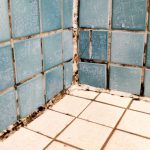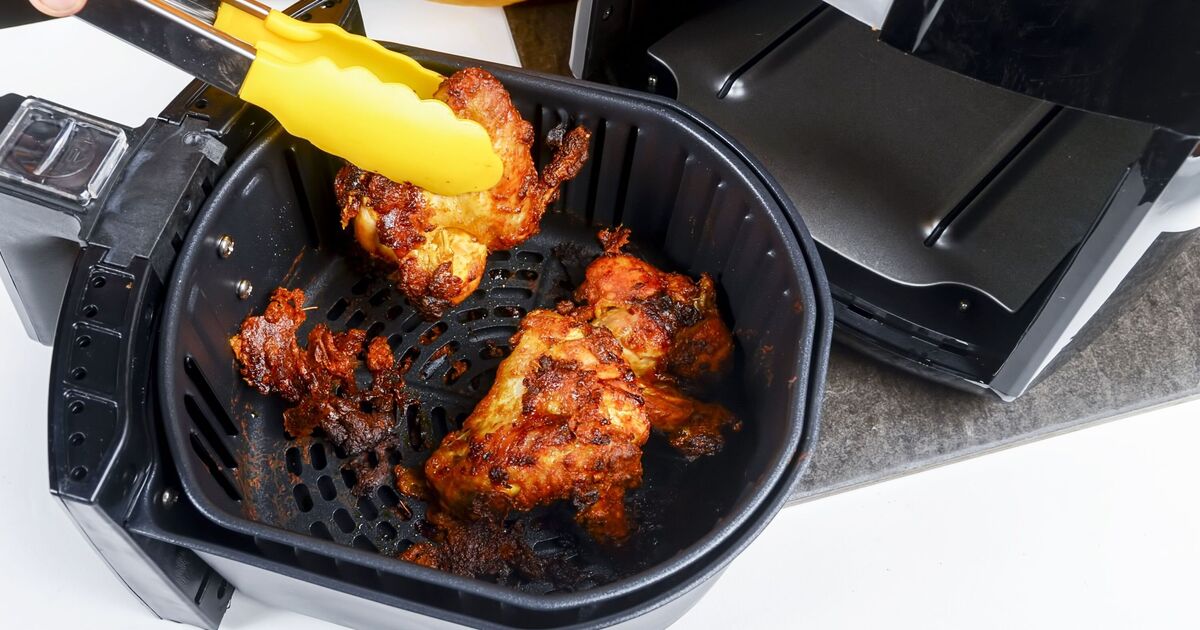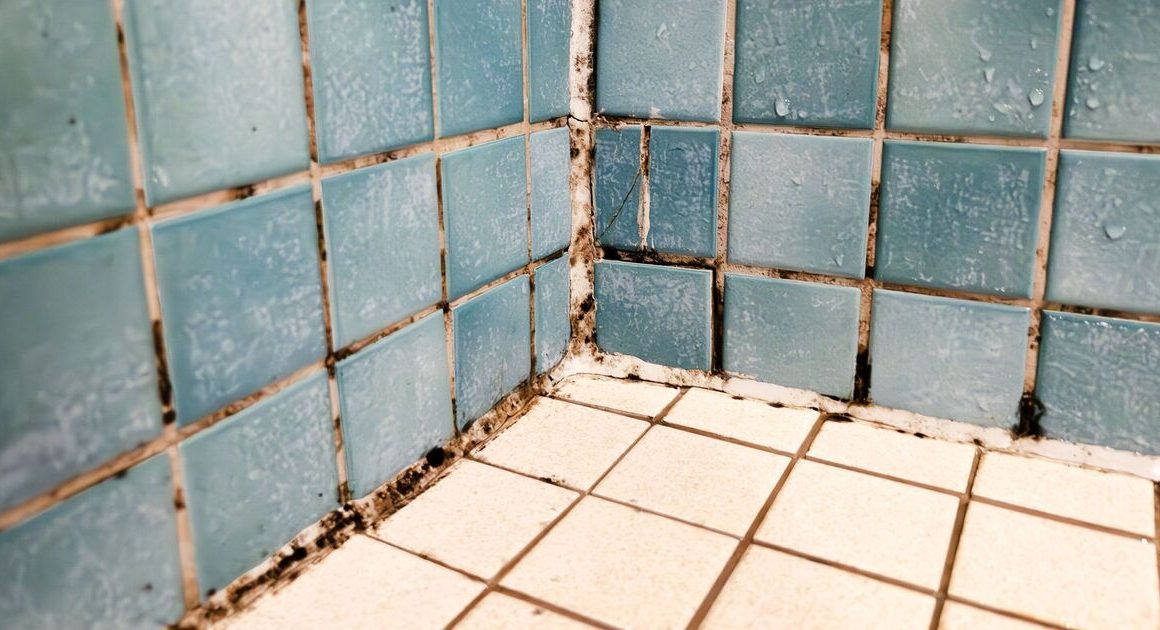Household gurus have issued a stark warning that deadly E. coli could be lurking in your home appliances, following the Belgian team’s dramatic exit from the Olympic triathlon relay due to an infection.
Belgian athlete Claire Michel was hit by the illness after taking part in a swim in the River Seine during Wednesday’s event, leading to Belgium’s withdrawal from Monday’s mixed relay triathlon. The incident has raised alarms over the river’s cleanliness, despite approximately £1billion being invested in purifying the Seine, only for recent downpours to elevate the levels of E. coli.
The Belgian Olympic and Interfederal Committee (BOIC) has expressed severe criticism towards the event organisers, insisting that they expect “lessons will be learned” ahead of future Olympic triathlon events. In the UK, the bacterial infection has affected more than 260 individuals, with two fatalities occurring within 28 days of contracting the current strain, as per the UK Health Security Agency (UKHSA), reports The Mirror.
Household experts at Hisense UK have issued a stark warning about the perils of ignoring appliance cleanliness, revealing that E. coli dangers could even be lurking in your laundry.
They cautioned: “In one load of underwear, there could be up to 100 million E.coli bacteria in your washing machine, making it essential that it’s cleaned at least once a month.”
1. Refrigerators
Experts are advising homeowners to deep clean their fridges every three to four months. Empty all contents, clean shelves and drawers with a mixture of baking soda and water, and ensure the door seals are clean to maintain energy efficiency.
Failing to clean your fridge properly can create breeding grounds for bacteria such as salmonella, listeria and E. Coli.
It’s essential to thoroughly clean the drawers in the fridge, as they often harbour leftover food scraps.
2. Air Fryers
Cleaning your air fryer after each use can prevent the accumulation of food particles and grease. Even though air fryers don’t require oil, cooking various types of food means bacteria can build up rapidly.
When tackling the task of cleaning, it’s essential to remove the basket and tray from your appliance, give them a good scrub with warm soapy water, and then wipe down the interior with a moist cloth. This routine is crucial to prevent your appliance from turning into a hotbed for unseen grime due to the typical colour schemes that can disguise dirt.
In instances where you’ve cooked something particularly messy, experts advise letting the tray soak in boiling water mixed with washing-up liquid and half a cup of bicarbonate soda for several hours. This soaking method is touted as a surefire way to ease the removal of stubborn grease stains.
3. Microwaves
Without regular cleaning, microwaves can quickly become rife with bacteria and germs. It’s all too common for food to splatter across the microwave’s interior surfaces, including the sides and roof, creating an environment ripe for germ multiplication if not addressed promptly.
To ensure your microwave remains pristine, cleaning gurus recommend a thorough wipe-down both inside and out at least once every week. For those more persistent stains, they suggest heating a bowl of water with lemon slices for a few minutes before wiping the interior clean.
The combination of steam and lemon works wonders, loosening up the grime and neutralising any lingering smells, resulting in a germ-free microwave. The experts conclude with a vital piece of advice: “Proper maintenance not only extends the lifespan of these devices but also creates a healthier home environment, with less chance of food being infected by these bacteria.”












